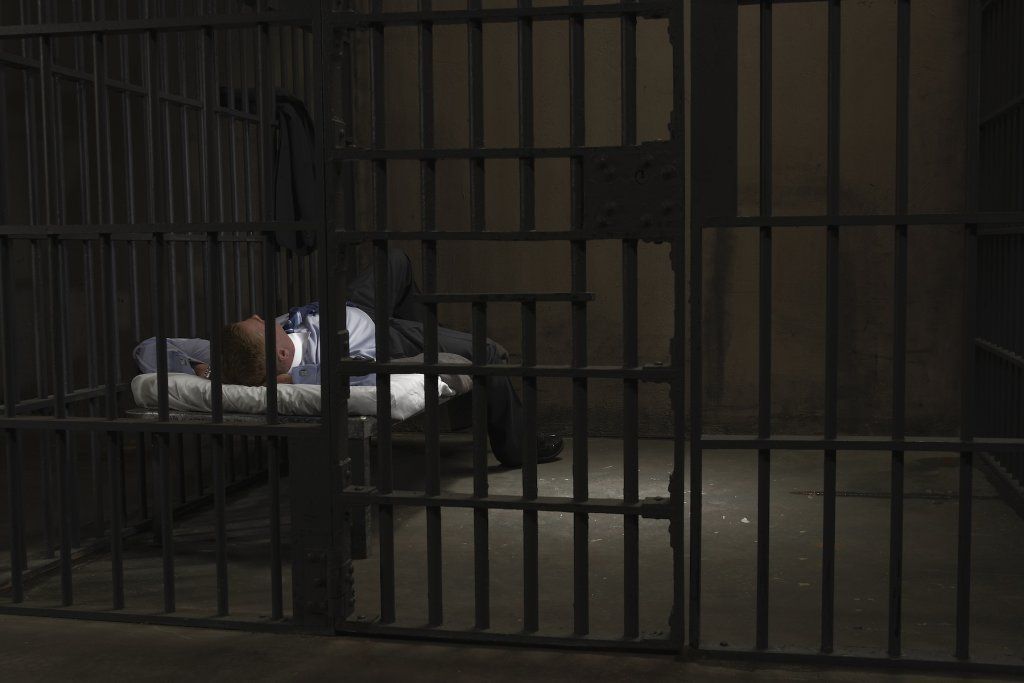Michigan Lawmakers Set Out to End LWOP Sentences for Juveniles
300+ incarcerated persons in Michigan closer to sentence reconsideration

Nearly 300 incarcerated Michiganders, currently serving life sentences without the possibility for parole for crimes they committed while juveniles may finally be closer to having their sentences reconsidered. The push for legislation to end JLWOP sentences in Michigan comes more than a decade after the U.S. Supreme Court ruled those sentences unconstitutional in Miller v. Alabama.
Democratic lawmakers in both chambers of the Michigan Legislature have previously been unable to advance legislation abolishing juvenile life without parole (JLWOP). With Democrats now controlling both legislative chambers, lawmakers are hopeful that the newest versions of the bipartisan bills will receive hearings and a vote. Five Senate bills and five House bills, introduced last week with both Democratic and Republican co-sponsors, would align Michigan with 26 other states that have taken steps to comply with the Miller ruling.
“The United States Supreme Court and the Michigan Supreme Court have ruled that automatically sentencing youth to life without parole is cruel and unusual punishment. Michigan law needs to recognize that juvenile offenders deserve a chance at rehabilitation,” said state Sen. Jeff Irwin (D-Ann Arbor). Irwin sponsors one of the Senate bills and has been vocal on the issue.
The bills would provide a minimum sentence of no less than 10 years and a maximum sentence of no more than 60 years, and allow for parole review after 10 years where “incapacities of youth, factors including the juvenile’s age and immaturity, family home environment, circumstances of the offense and any influence of peer pressure, must be considered.
The legislative packages have the support of the Michigan Center for Youth Justice, Safe & Just Michigan, the Campaign for the Fair Sentencing of Youth and the Michigan State Appellate Defender Office. “There is a misconception that Miller v. Alabama ended juvenile life without parole for good, but it did not,” said Ronnie Waters, community engagement specialist with Safe & Just Michigan, a Lansing-based criminal justice reform organization. “States like Michigan can still sentence children to death by incarceration.”










